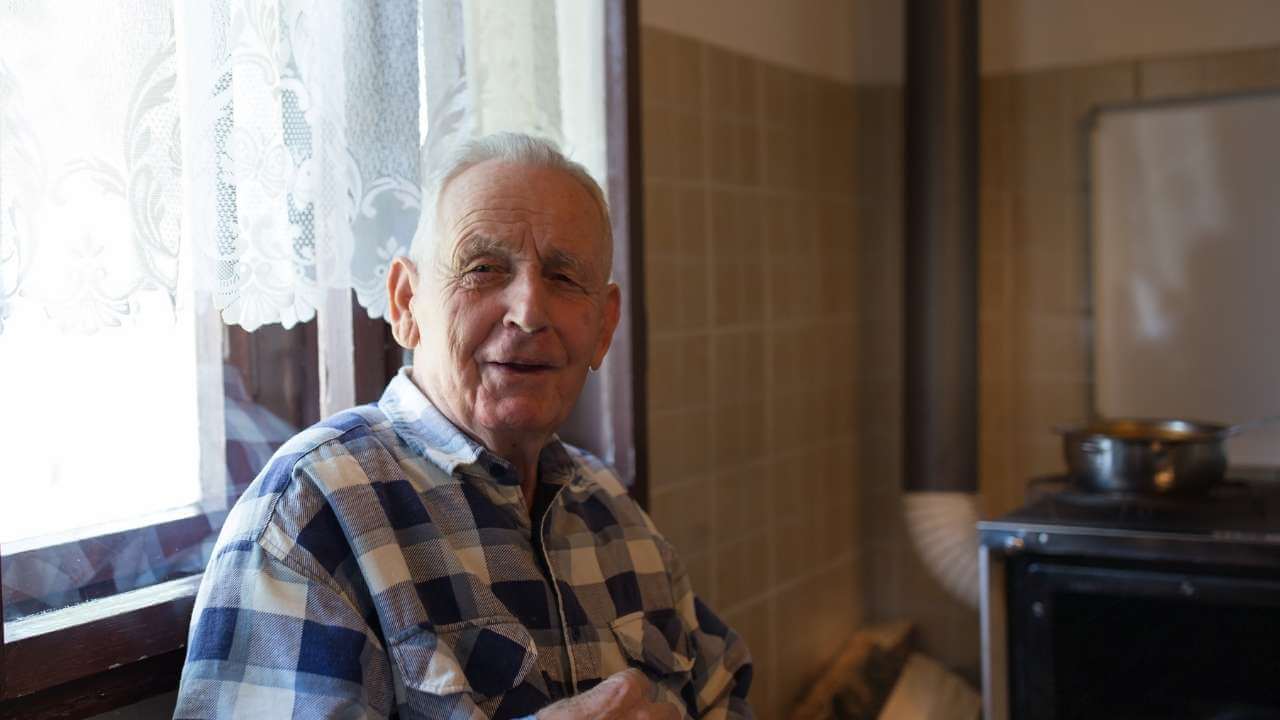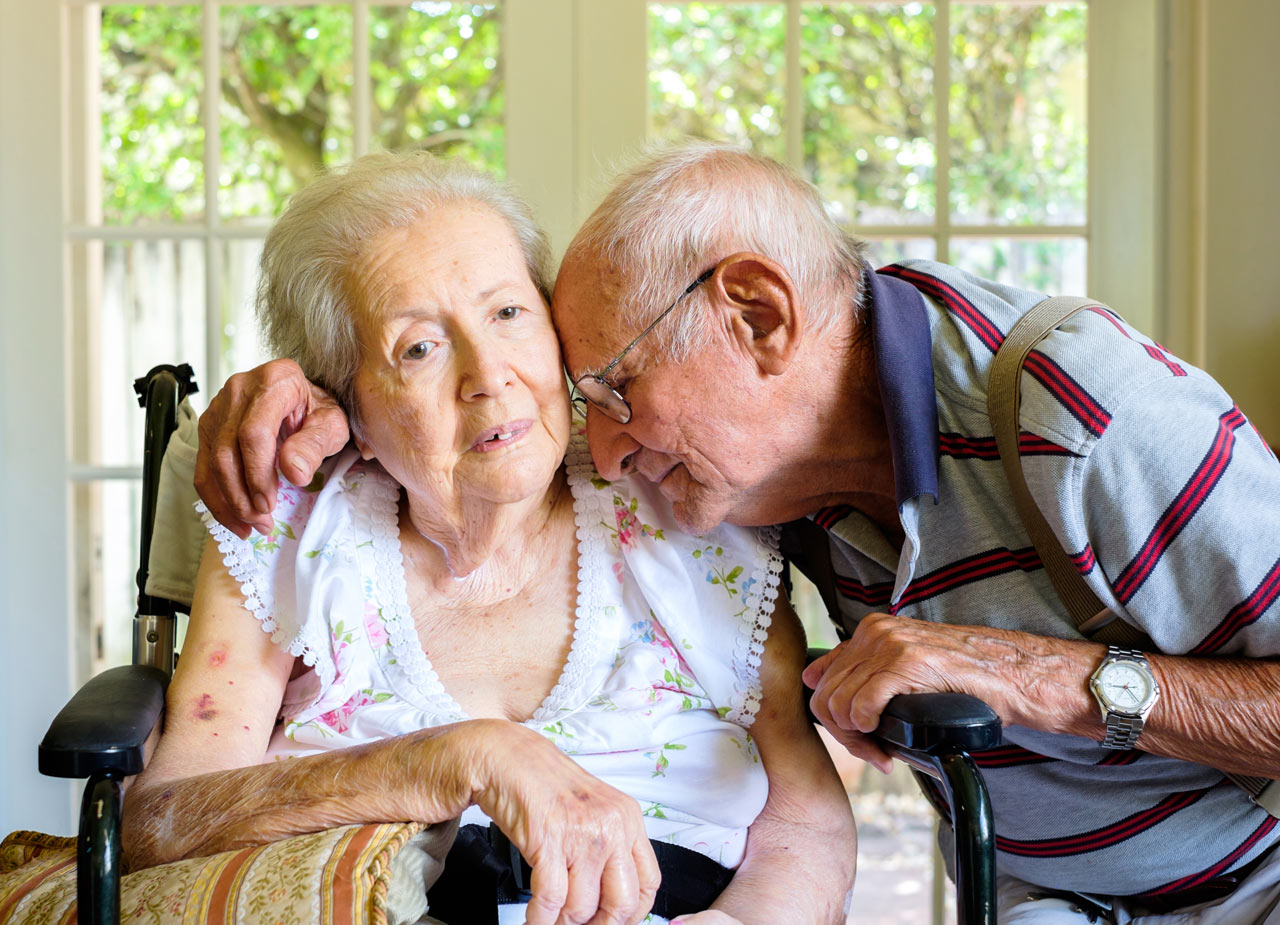Aging in Place with Home Care
There comes a time in most family’s lives when a decision needs to be made about long-term living arrangements. Parents get older. The adult children often don’t live close by. The parents may be in a retirement community or in a community where they have lived and worked. Infirmities creep up. Their friends move close to children or into an assisted living facility. The family’s need to make plans for the immediate future becomes more pressing.
Parents and children may have competing needs. The parents want to continue living at home, despite increasing dependence. The adult children are nervous. Supporting their parents from afar while they work and reside in their own distant locations becomes more and more challenging.
Safety concerns are the most urgent. There is nothing like being able to drop everything and run over. Someone else can be asked to look in regularly, and security and camera systems are already in place. But the growing number of necessary doctor visits, the shopping and errands, managing bills and paperwork is overwhelming. Haircuts, meals, home maintenance, and simple errands become a growing challenge.

Understanding the differences in perspective is important. As seniors decline in vitality, they are reminded several times daily that they are not in control. Dependency is not pleasant and becoming even more dependent on others, even if they are loved ones, does not seem attractive. A familiar environment feels safe and gives one security, no matter the age. Mementoes from a rich life adorn a home and happy memories are ever present in the space one has occupied for years.
Seniors are somebodies in the communities where they have lived for a long time. They have strong, resilient local ties, not simple filaments of connections. They have fellow worshippers, neighbors, and friends with long time relationships. Even if they may no longer participate in their local clubs, sports, and special interest groups, they know that those friends care about them. It is about a sense of belonging. They also know their librarians, pharmacists, shoe repair people, and other shopkeepers and service providers. Their community circles were forged from real-time human bonds and developed over long periods. Physical presence and proximity were important to those relationships even if current engagement has been reduced. The aging residents know that they are there.
Today’s adults maintain relationships through texting, emails, and social media. Our social in-person contacts have become fewer due to covid. For the younger generations the importance of a familiar community is perhaps harder to understand.
Adult children feel the responsibility of their vulnerable aging parents. They worry and that worry is legitimate. A fall can cause a serious downward decline.
- Home security
- Dementia
- Healthy fresh food
- Getting out easily
- Stimulation
- Medical needs
- Financial management.
Not all of these can be managed well remotely. Dropping and running off to deal with emergencies is not a feasible option; family leave is not a universal option. Identifying the eventual direct caregiver, is a question that needs resolution and discussion. Who is paying and for what kind of help are other matters of concern. Mental health concerns about moving a parent out of a long time home are critical.
How can families bridge the differing priorities and needs of both generations? Who should give in to whose needs?
It is wise to begin these conversations early and keep communication ongoing and respectful.

Consider the services of a qualified geriatric care manager. S/he can help with the conversation and decision making process. S/he can manage paperwork, bills, appointments, arranging for services, errands, and more. S/he maintains ongoing contact with both the senior and the children as well as attends to whatever matters you decide on. A geriatric care manager is frequently called the hired daughter.
The good news is that Caring Professionals has all these services available. Our specialty is caring, qualified, home health aides and companions. We also have a qualified geriatric care manager on staff. She is fully up to date on local services for seniors as well as the various concierge services Caring Professionals has on offer. These include hairdressing, chefs, and manicurists, various therapists who make house calls, specialty service providers and a lot more. A home safety review can also be arranged. All the supportive services that transform a long-time home into an assisted living facility can be arranged through our company.
Of course, there are those families that decide that a nearby assisted living facility, or downsizing from a home to a condo in a safe building with residents of various ages is a good option. By improving security, promoting social engagement, and improving access to programs within a familiar community in which one has resided for years, the concerns of both groups may be allayed. The Caring Professionals team can help in these situations as well. We can help with the transition and the right kind of help and services in the new living arrangements.
Phasing in new levels of support or relocation within the community are viable options for some families. They are not the only options, however. Medical concerns change. Financial concerns make some choices more sustainable. Moving in with children may become necessary. Whatever the situation, Caring Professionals can help with personal care, companionship, concierge services, geriatric care management and a lot more.
Please get in touch with us here
Or
Call us here – (718) 621-8189






